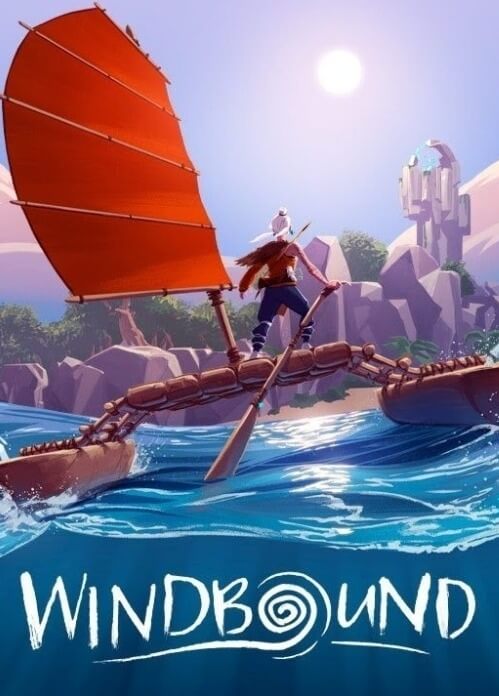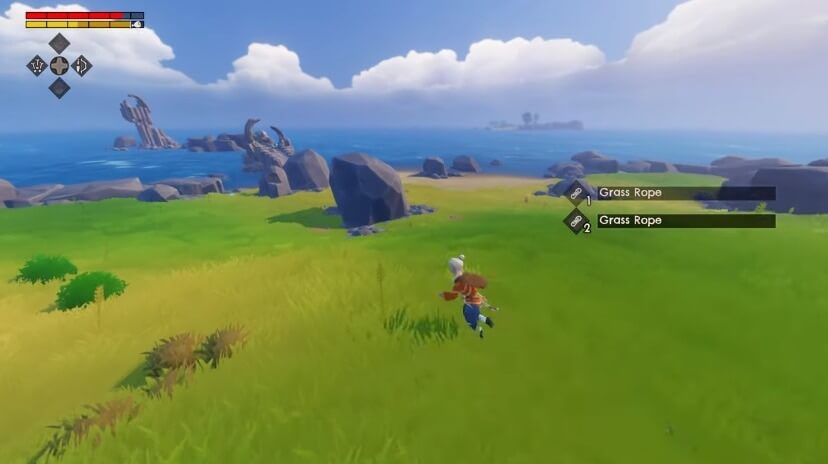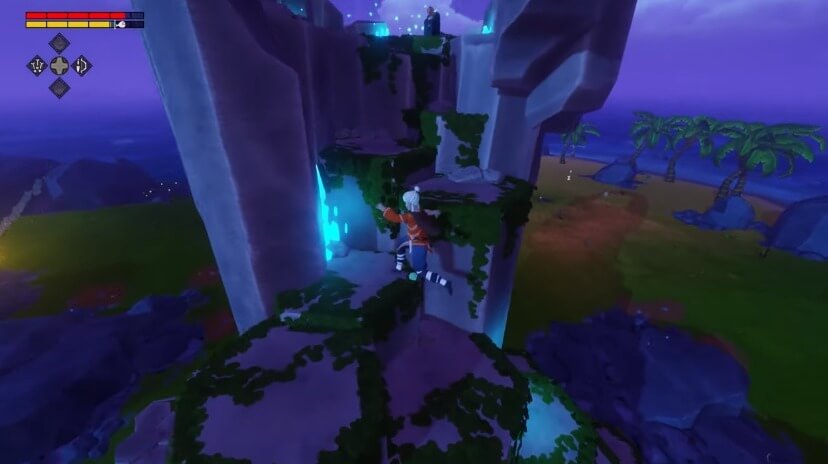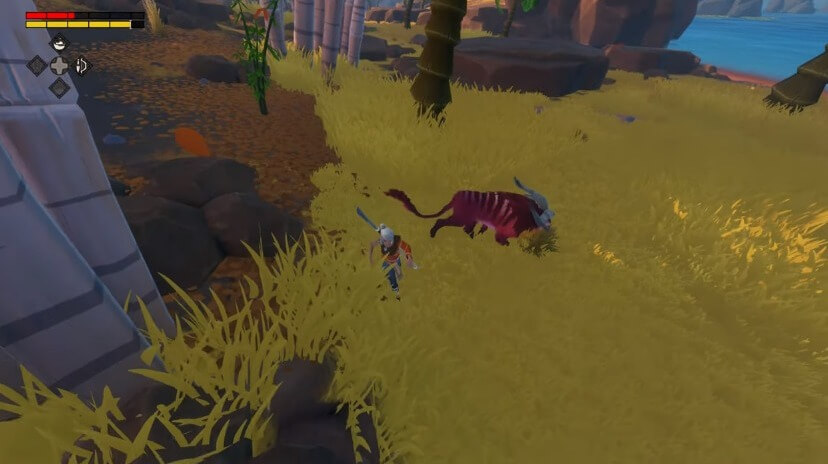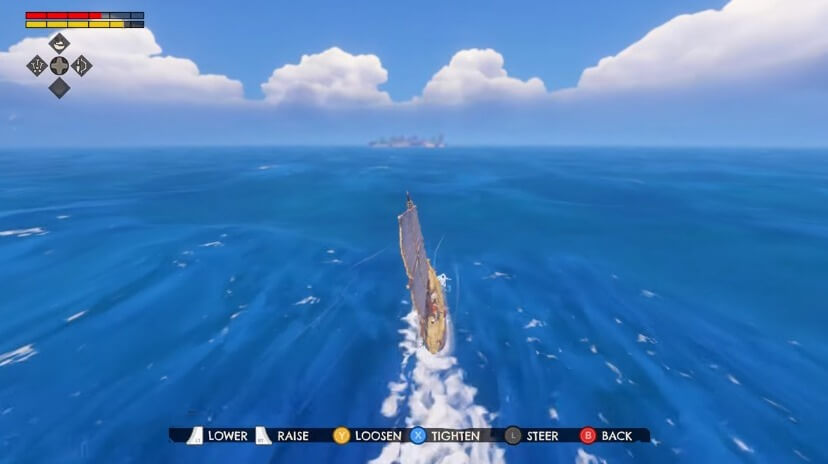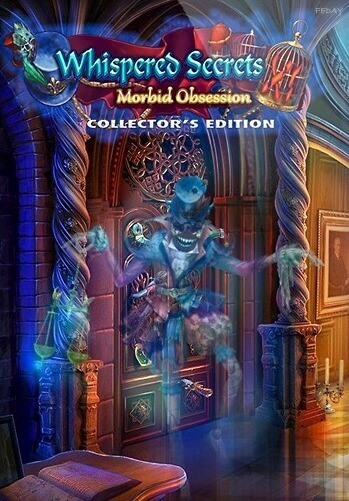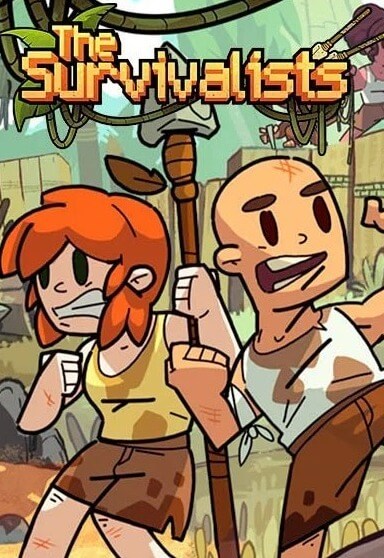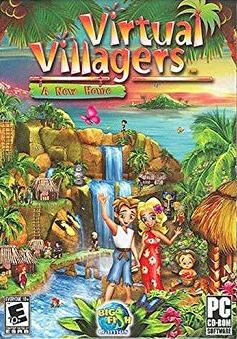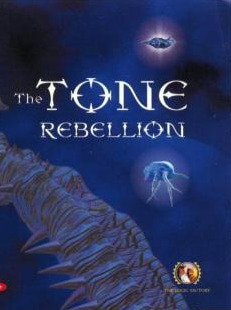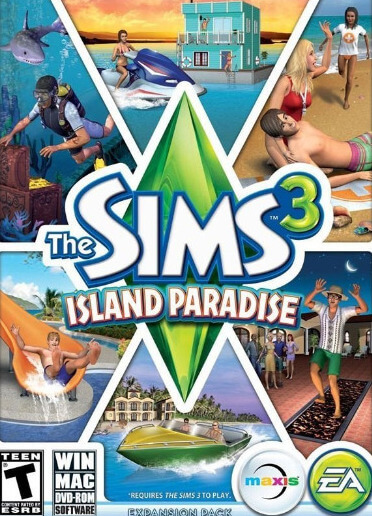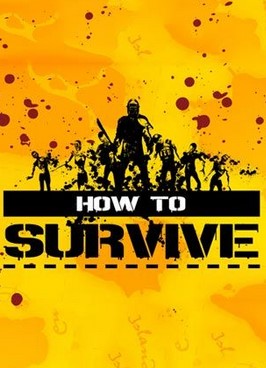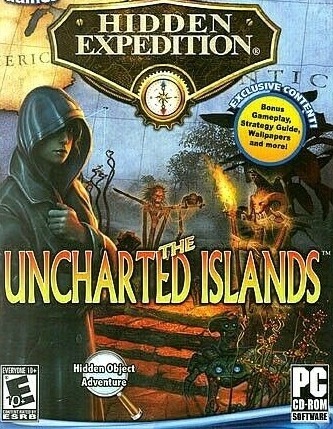Your boat is your key companion on this journey, carefully craft your own custom sailing vessel to take on the treacherous waters, traversing from one island to the next. Design your boat to battle tempestuous winds, monstrous waves, and deadly sea creatures."
Windbound sold itself being advertised as a combination of Breath of the Wild and Windwaker, two of the world’s favorite Zelda games. It’s the idea of sailing around an open-world ocean and discovering what the world has to offer that attracted the attention.
Well, it is what’s advertised, but not in the way anyone expected. It’s really only a combination of some of the worst parts of both games, and the rest is filled in by some pretty standard survival gameplay.
So let’s start with what it borrows from Breath of the Wild. First, you have the look, which you can’t quite complain about. The graphics of Windbound might actually be its greatest strength, striking a balance between a styled cartoony look and a down to earth fantasy look.
It’s rolling blue waters are a treat to look at, the character designs of its wildlife are fantastic, and at times it’s hard to remember that you are looking at an indie title and not a AAA game.
Similarly, the sound design is great and has the same minimalist feel of BOTW. It very often leaves you alone with your thoughts, allowing you to ponder which way to go next. Sometimes you’ll just chill out listening to the ocean waves, which tells you how engrossing the environment audio comes across.
Then we have the storytelling, and this is where the formula starts to break down. Windbound attempts to tell its story through no dialogue whatsoever. Instead, everything is environmental. You are one character lost in the wilderness and you uncover what is going on via murals and monuments, ruins and relics.
This is an incredibly ambitious task, and kudos to Windbound for trying to tell its story this way, but it just doesn’t work. Don’t get it wrong, the story tidbits are interesting enough, but they always seem disconnected from the environments we’re traveling in.
This kind of storytelling worked in BOTW because the ancient ruins you learned about were the ruins you were currently exploring, the memories of a ruined Hyrule with all its landmarks are the memories of the countrysides and landmarks that you have to traverse.
In Windbound it feels a whole lot more, JRPG in style. You wander an area, perform a task, and then uncover a piece of the story. That story is not necessarily connected to the place you just traveled through or the task you just did. It reveals more about the overall plot, but since it’s so minimalist it never feels like a payoff for progress.
Waking The Wind
Now let’s talk about the inspiration it takes from Windwaker. First, there’s sailing. Every area of the game is a small archipelago and to make progress you will have to sail from one island to the next rather frequently.
Sailing on the open sea is fun, to a degree. The thing is, that fun drops off really quickly as the distances you have to cover start to expand.
You start the game with just a small raft and can only progress from island to island at a snail’s pace through calm waters. Eventually, you can upgrade your ship with sails and planks and all manner of bells and whistles making sailing a bit easier.
The only problem is that you lose your ship every time you die and get stuck with a raft again. This can happen anywhere on any island, and to allow for this, the entire game needs to be completable with just a raft.
This makes every upgrade for your boat pointless, or at least the only point is to reduce the frustration of your slow sailing pace, but that frustration is easily evened out by the frustration you feel by losing your boat.
The game structure is also reminiscent of Windwaker as you are ferried from chapter to chapter rather than set out to explore a big open world. This is actually pretty frustrating, as that was BOTW’s main draw.
But instead, you explore an archipelago, activate some towers, sail through a gate, and get to the next archipelago. It’s a bit repetitive and repetition is easily Windbound’s downfall.
